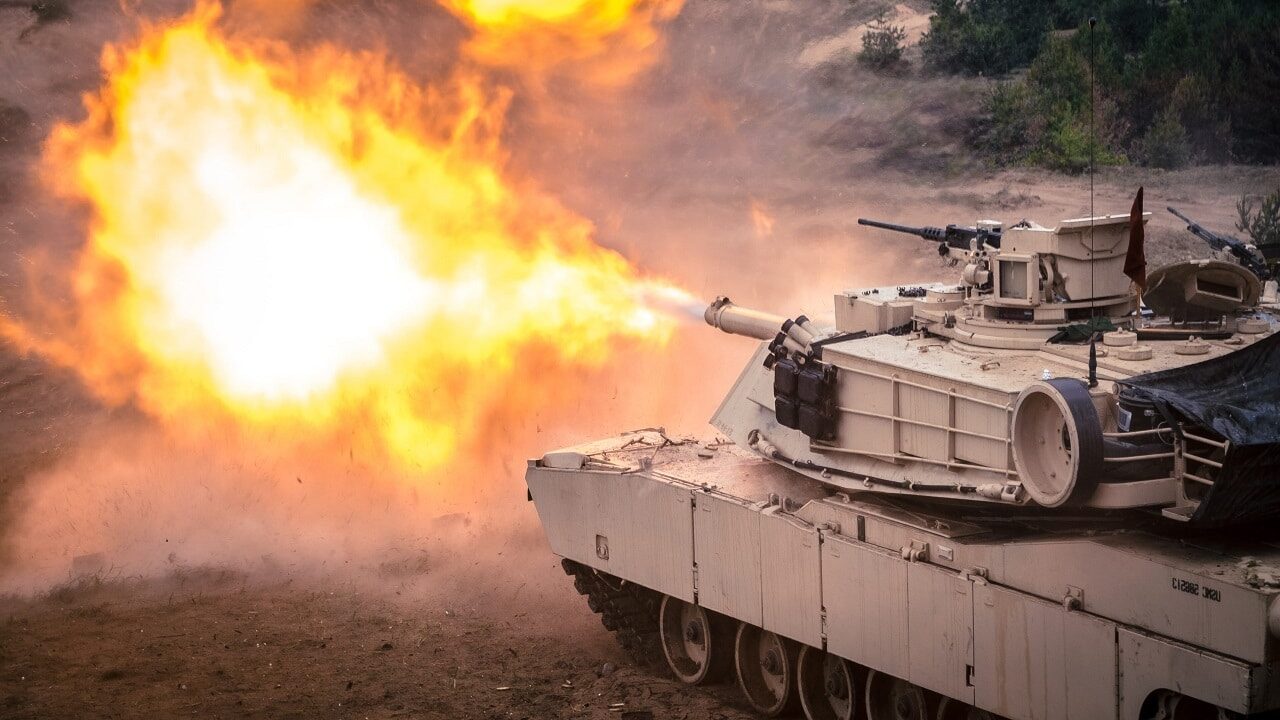China said this week that the West must stop sending weapons to Ukraine and negotiate a peaceful settlement to the conflict.
The call comes as Western countries, including the United States and Europe, increase their supply of missiles, tanks, and other weapons and munitions to the country.
Li Hui, China’s Ukraine envoy, told reporters after visiting Russia, Ukraine, Poland, France, and Germany that the West must be willing to stop aiding Ukraine’s defense efforts.
While the Chinese government maintains its neutral position, President Xi Jinping visited Russia in March and referred to Putin as a “dear friend,” adding that the two countries would together bring great change to the world.
China has produced a 12-point plan for peace, with demands that appear to mirror some of Kyiv’s own requirements and others that analysts speculate could be designed to aid China’s own expansionist efforts. Among those demands are an insistence that the West respects the sovereignty of “all countries,” ceasing hostilities, facilitating grain exports, and keeping supply chains stable. China also continues to repeat its years-old mantra of abandoning the “cold war mentality.”
The proposals state that “all parties should oppose the pursuit of one’s own security at the cost of others’ security, prevent bloc confrontation, and work together for peace and stability on the Eurasian Continent.”
The Cold War was a period of tension between the West and the Soviet Union that lasted from 1947 until 1991. There was no military conflict between the two sides, but they backed opposing sides in other global conflicts. The “war” was characterized by Western opposition to communism and this opposition is likely to continue beyond any peaceful settlement in Ukraine.
Is China Helping Putin?
Russia initially rejected the 12-point plan put forward by China, but during a press conference when Xi Jinping visited Moscow this year, the Russian leader appeared to have changed his view and said China’s plan could form the basis of a broader agreement.
The Chinese plan was largely criticized by Western countries for being too vague, while others say that China has ulterior motives.
Alexander Gabuev, director of the Carnegie Russia Eurasia Center, said, “China’s vague plan is aimed not at actually ending the war, but at impressing the developing world and rebutting accusations that Beijing has become a silent accomplice to Moscow.”
In publicly expressing solidarity with Russia, China may also be shoring up support as the United States enhances its relationship with Taiwan – a region that China sees as its rightful territory. Taiwanese President Tsai Ing-wen visited the US in March and the two countries recently signed a new trade deal.
Jack Buckby is 19FortyFive’s Breaking News Editor. He is a British author, counter-extremism researcher, and journalist based in New York. Reporting on the U.K., Europe, and the U.S., he works to analyze and understand left-wing and right-wing radicalization, and reports on Western governments’ approaches to the pressing issues of today. His books and research papers explore these themes and propose pragmatic solutions to our increasingly polarized society.
You Might Also Like
How To Sink A $3 Billion Dollar Submarine: Leave A Hatch Open
Smashed To Pieces: Video Shows Ukraine Hitting Russian Air Defenses

